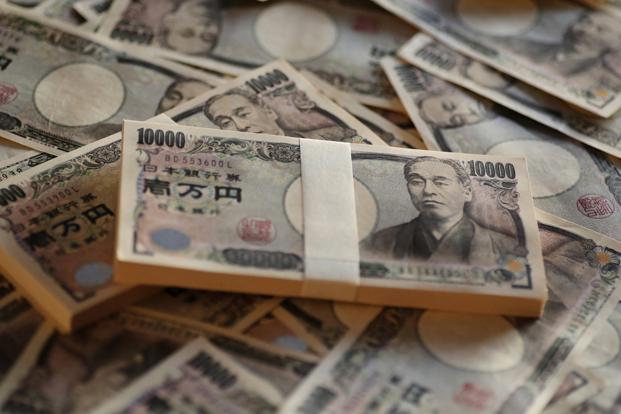December, 11, 2014

The yen extended its gains against the US dollar for the third day in a row to hit its strongest level in more than a week, amid risk aversion as global equity markets continued to fall.
The dollar fell nearly 1 per cent to trade below Y119 against the Japanese currency after touching a seven-year high of more than Y121 on Friday, following a stronger than expected report on the US labour market.
Since then, the dollar has pared gains against other developed market currencies amid what analysts say is a bout of profit-taking at the end of the year.
The euro gained 0.4 per cent against the US currency to trade above $1.24 but fell against the yen, losing 0.6 per cent to below Y148. The Australian dollar fell 0.7 per cent to trade below Y99.
“We’ve had a couple of days where the equity market is down, emerging markets are selling off, plus there is year-end profit-taking: that’s why the yen is going up,” said Steven Englander, foreign currency strategist at Citigroup in New York.
However, analysts believe any resurgence in the yen will be only temporary, with forecasts for Japan’s currency to fall further next year amid a widening gulf in monetary policy between the Bank of Japan and the US Federal Reserve, which is expected to raise interest rates in 2015.
The dollar has risen nearly 15 per cent against the yen this year.
An expected victory for Japan’s prime minister, Shinzo Abe, in elections this weekend is also likely to strengthen expectations the yen will weaken further, analysts said.
A successful showing for the coalition government “will further reinforce the rise of the dollar/yen and the Nikkei under Abenomics,” said analysts at Deutsche Bank this week.
Analysts at Credit Suisse argue that the sharp depreciation in the yen this year could also be driving Japanese investors who have poured money into foreign assets to take some profits.
While the dollar fell against so-called G10 currencies on Wednesday, including the pound, the Swiss franc and the Australian dollar, it was stronger against its emerging market counterparts.
Emerging market currencies fell to a new record low, according to the JPMorgan Emerging Market Currencies Index, which dipped 0.4 per cent to its weakest level since it began in 2000.
The Russian rouble was a notable loser, falling to fresh record lows against a combination of the euro and dollar ahead of a meeting on Thursday by the Russian central bank, which was expected to raise interest rates again to battle the currency’s decline.
FT.com
Video Story